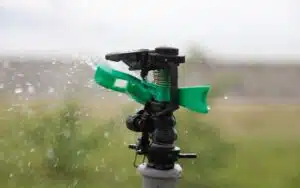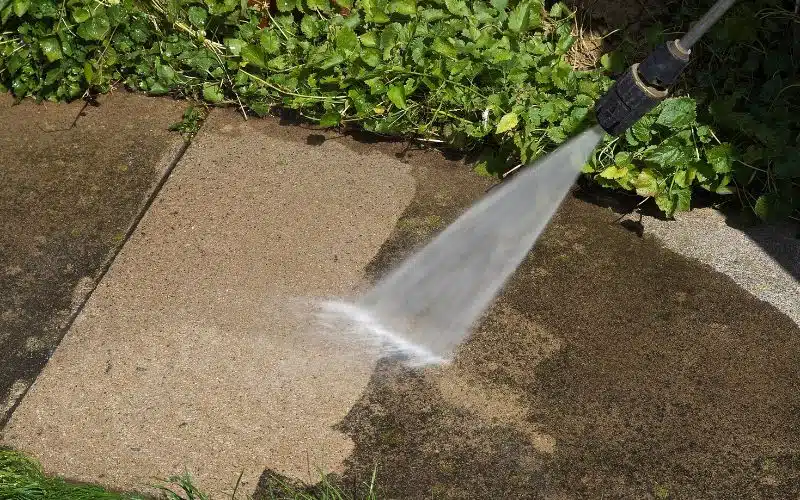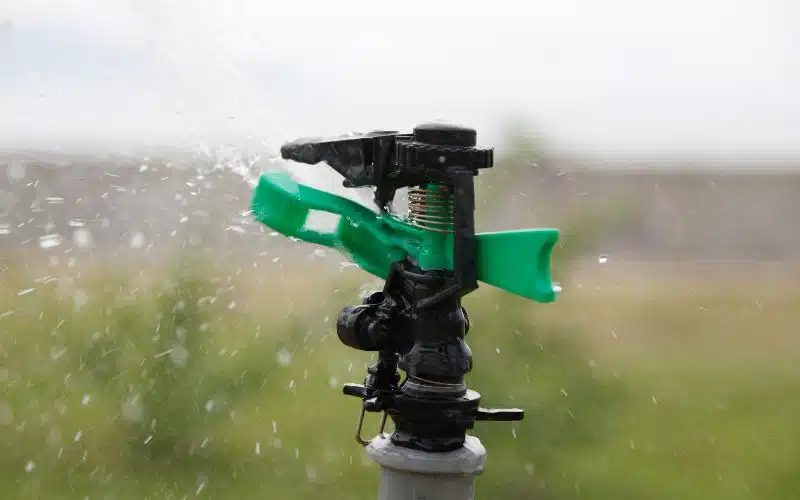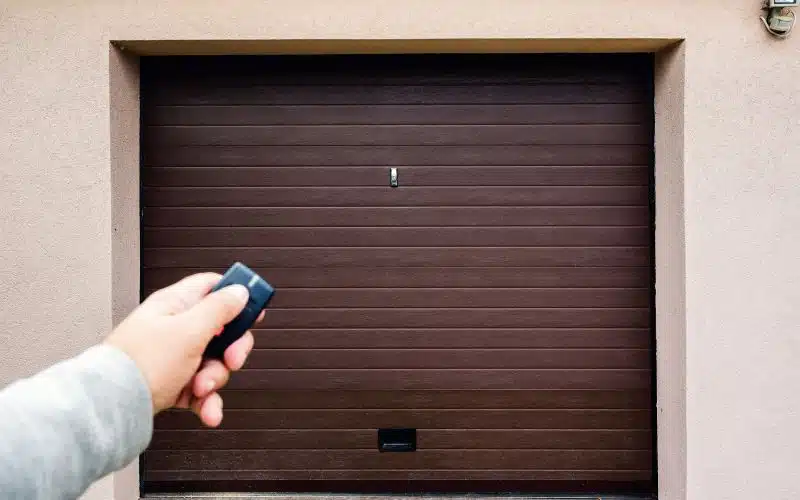A pressure washer or power washer is a high-pressure sprayer machine that releases a strong stem of water to clean paint, mud, mold, grime, and dirt.
And we can say it backfires when you hear a sudden loud bang that echoes like a gunshot.
And as this article progresses, we will see the reasons for the backfiring and misfiring, if the washer can explode, whether backfiring damages engines and finally, why it backfires after just starting.
There are so many reasons why a pressure washer will backfire. But the most common reasons are when the engine is becoming too hot, when the engine’s speed falls very quickly, and when the leftover fuel in the line burns up, leaving a loud sound. Although, you can still resolve it by slowly decreasing the throttle speed.
4 Possible Reasons That Your Pressure Washer Backfires!
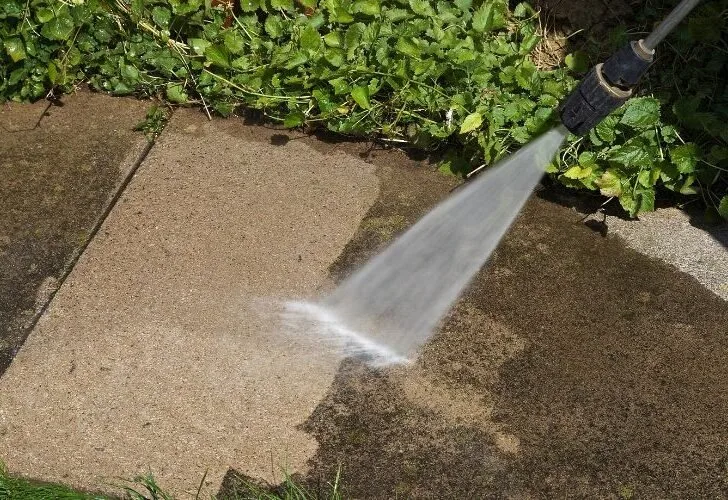
Here are the seven reasons why the pressure washer backfires:
#1. Bad Engine Timing
Like most engines, that helps a device move forward through the combustion inside each cylinder.
But this combustion can only be possible if air, fuel, and heat are allowed into the chamber at the appropriate ratios.
For instance, to achieve this, most vehicles use computers to manage their timing even slightly off; it will lead to excess fuel going into my exhaust.
So also, it is with your pressure washer, as it is exposed to air and heat while traveling down the pipe, and instead of combusting in the chamber, it will escape creating a loud sound and possibly fire.
#2. Lean Fuel Mixture
In this situation, there is too much air in the engine and less than enough fuel.
It does not allow all the fuel to ignite each time the cylinder sparks. Instead, it leaves extra fuel that leaks out of the exhaust and combusts.
#3. Rich Fuel
It is another reason for the occurrence of backfiring and the complete opposite of lean fuel.
It occurs when too much fuel in the engine but not enough air leads to extra fuel leaking and combusting from the exhaust.
#4. Old Engines
Modern engines’ capacity to time ignition is not the same as older engines. While the older engines need to be adjusted continuously, the modern engines use computers to time the ignition.
- Muffler construction
- Lowering engine speed quickly
- The temperature in the engine is too high.
Why Is My Power Washer Misfiring?
There are many reasons why the power washer misfires and the truth is that I will be talking about all those reasons right here.
Below are all the common reasons why your power washer will misfire:
#1. Bad Ignition Coil
In the older washer, it will be the distributor. Unplug the coil and find the unresponsive cylinder. If there is a defective ignition coil, do replace it.
#2. Defective Spark Plug
Here is the second on the list of most common causes of misfiring. The spark plug is what fires up the cylinder, and over time, it wears out. The only good thing is that it is cheap and easy to obtain.
#3. Low Fuel Pressure
A faulty fuel pressure regulator, defective fuel pump, and clogged fuel filter often spurn from low fuel pressure.
Then this will eventually lead to thin mixtures in the engine that will lead to the cylinder misfiring. To address this issue, you need to check out your fuel pressure.
#4. Low Compression
If your timing belt adjustment is defective, it may result in misfiring. But suppose the belt hasn’t served you a long time; double-checking it with an experienced technician will prove helpful.
#5. Injector Problems
Your engine’s misfiring can also result from a defective fuel injector, and you must flower it before diagnosing it. Unfortunately, you will hardly find it in the newer models of the power washer.
#6. Wrong Air-Fuel Mixtures
If you have the wrong air-fuel mixture, there is no doubt that it will lead to misfiring.
#7. Intake Manifold Gasket Leak
The intake manifold gasket leaks are more prevalent when misfiring than spark plugs, but it becomes a challenge for older engines without the steel gasket. So check for leak signs around the intake manifold gasket and the intake itself.
Note that the term backfire and misfire are not the same and that the table below gives or tells their apparent differences;
| Backfire | Misfire |
|---|---|
| It happens when there is complete combustion outside of cylinders | It happens when the cylinder of the engine fails to fire (incomplete combustion) |
Can a Pressure Washer Explode?
Yes, your pressure washer can explode if you allow it to keep running for a long time or if it should fall off your hands; fire starts from an electric arc.
It can also catch fire if you drop the washer inside the water. It has no challenge exploding the gas tank, which is a construct of plastic.
A sudden spark and fire lead to an explosion when you turn the washer on with so much pressure.
It is good to know that this risk is only available if you run your washer in water. It would never create an electric arc as long as you run it on the ground.
Most times, your pressure washer begins to emit smoke before even exploding. If that is the case, below are the reasons why the pressure washer is emitting smoke:
#1. Clogged Filter
You should engage in period cleaning of your pressure washer, especially the simple electric pressure washer.
You will find it in the hose between the engine and the pump. Also, by removing the knob you find on top of the engine, you can quickly gain access to it.
If you keep running water through the filters without cleaning them, they will become filled with debris and stop functioning as expected, which is why your best bet is to either buy or make a replacement filter. Or better still, you can contact a professional with the cleaning kit to handle it.
#2. Faulty Engine
If the oil becomes bad or some parts become damaged, it will bring about severe problems for the engine.
And this problem can result in a faulty water pump, leading to an engine overheating and then smoke emission.
#3. Low Oil
A pressure washer is a machine that needs constant maintenance to run adequately, which is why you should never overlook the issue of oil. Oil should always be available and never at a low quality, either.
Does a Backfire Damage an Engine?
Yes, of course, a Backfire can damage your engine. However, if the backfire does occur from the exhaust, it is usually called after the fire.
And this name tells you that it comes after the engine’s combustion process. So, in general, we can say the afterlife is a type of backfire.
The damages that backfiring can bring to an engine can be very severe, so you always need to fix the problem quickly. When you trace the problem, it is usually either the carburetor or the distributor.
Note that air and fuel mixtures are delivered to the engine by the carburetor while the distributor ignites the mixtures within the cylinder.
If you have a backfiring exhaust, the best thing is to pick up a screwdriver and tighten the adjustment screws while the engine is still calm.
Once the engine speed increases, you can loosen the screws half a turn. A lean air-fuel mixture problem will arise if the fuel becomes contaminated with water or dirt.
Why Does a Pressure Washer Backfire When Starting?
Perhaps you have a spark at your plug, the oil level is correct, and the switch is at the on position, yet your pressure washer refuses to start.
At this point, you are probably asking yourself, what can this mean? What is going on? Where can I find help to deal with this situation? Well, the solution is not so far away from you.
In this situation, the backfiring signals that the valve is open, especially when there is a spark.
And this is because the valves and flywheel timing key to the crankshaft will only fire when the valve is open.
Nevertheless, if your plug is no longer suitable, you should immediately replace it and, even after changing the gas, try to remove the remaining ones in the carburetor.
Then add oil to the pressure washer because it will refuse to turn on if it has limited oil.
The Solution to Pressure Washer Backfire
I am sure that when a problem like backfiring comes into play, it only takes time for a person to give up.
But that should not be the case for you; you should never see it as the end of the line because there is still a way to fix it.
You first need to turn off the pressure washer’s engine but ensure that you do this slowly and quickly, not roughly.
Then you can change to the fuel brand, and to correct timing, do not fail to get your engine well adjusted.
And do not fail to check on other parts that might hinder your work, like the airflow sensor, oil level, and clogged air filter.
The same solution for backfiring is also applicable after the fire, and you must confirm that the after-fire solenoid is working well.
So again, the after-fire is not as dangerous as it appears; it only gives you the idea that the washer also pushes fuel to the engine.
But if the washer lacks an anti-after fire solenoid, you can put it off while it’s still on full throttle.
Conclusion
The reasons your pressure washer backfires are so many, like increased engine hotness and falling engine speed.
A backfire can severely damage an engine, and your washer will explode if it runs for too long or falls into the water.
In addition, your washer backfires before starting as a signal that the valve is open, and you can stop it by handling it immediately.
.



